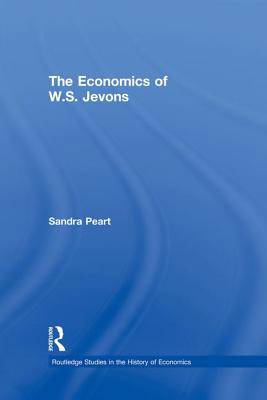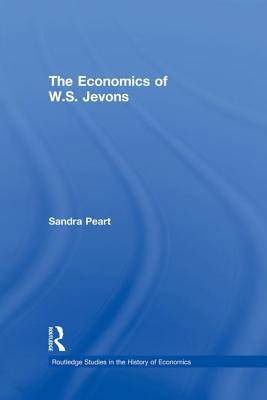
- Afhalen na 1 uur in een winkel met voorraad
- Gratis thuislevering in België vanaf € 30
- Ruim aanbod met 7 miljoen producten
- Afhalen na 1 uur in een winkel met voorraad
- Gratis thuislevering in België vanaf € 30
- Ruim aanbod met 7 miljoen producten
Zoeken
Omschrijving
William Stanley Jevons occupies a pivotal position in the history of economic thought, spanning the transition from classical to neo-classical economics and playing a key role in the Marginal Revolution. The breadth of Jevons's work is examined here which: * includes a detailed consideration of a wide range of his work-policy, theoretical, methodological, applied and empirical * relies on textual exegis * takes account of a wide range of secondary sources A new approach to the 'Jevonian revolution' is adopted, which emphasizes the link between poverty and economics and focuses on the nature and meaning of rationality in Jevonian economics.
Specificaties
Betrokkenen
- Auteur(s):
- Uitgeverij:
Inhoud
- Aantal bladzijden:
- 326
- Taal:
- Engels
- Reeks:
Eigenschappen
- Productcode (EAN):
- 9780415755740
- Verschijningsdatum:
- 19/05/2014
- Uitvoering:
- Paperback
- Formaat:
- Trade paperback (VS)
- Afmetingen:
- 156 mm x 233 mm
- Gewicht:
- 475 g

Alleen bij Standaard Boekhandel
+ 140 punten op je klantenkaart van Standaard Boekhandel
Beoordelingen
We publiceren alleen reviews die voldoen aan de voorwaarden voor reviews. Bekijk onze voorwaarden voor reviews.











